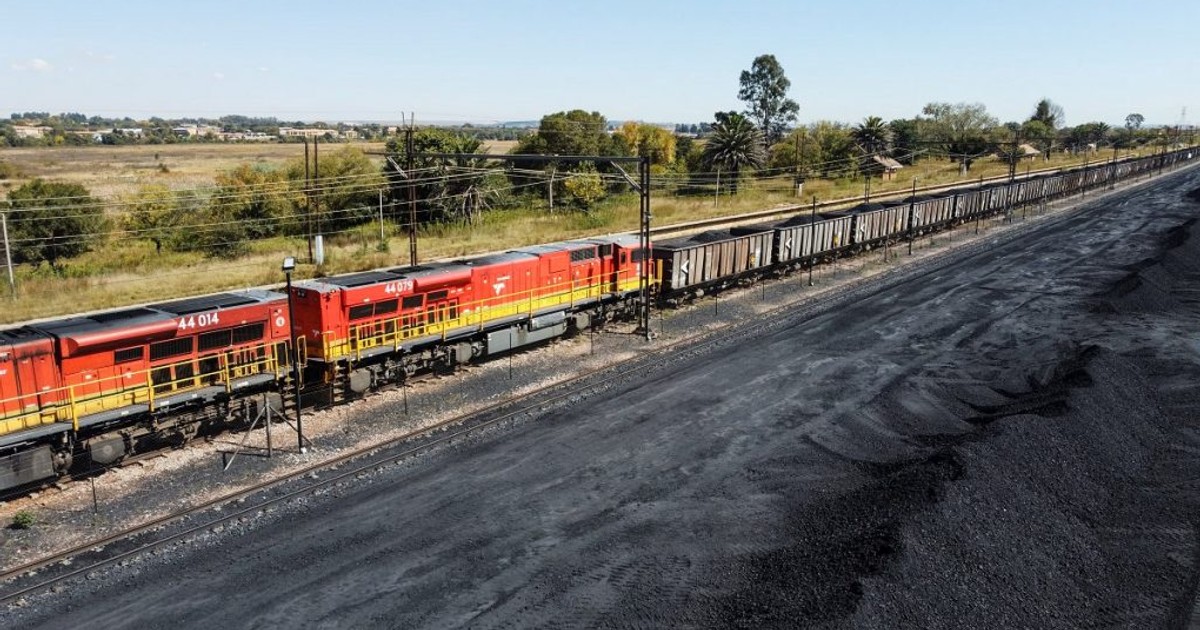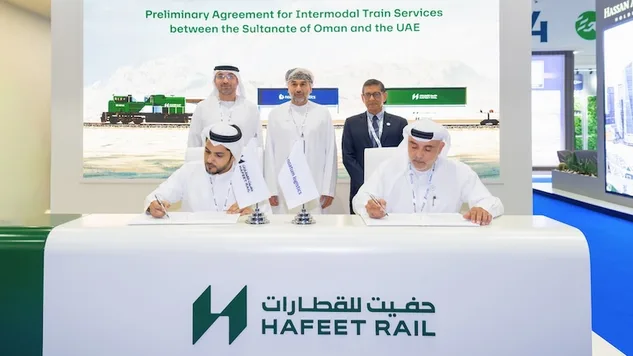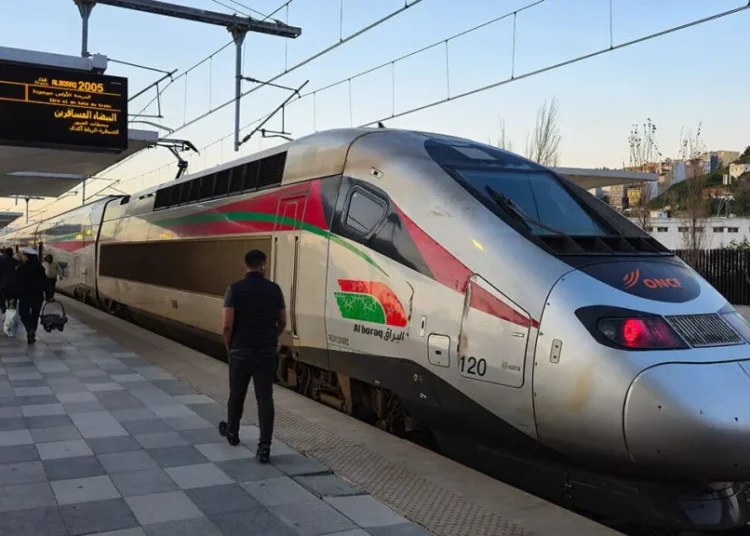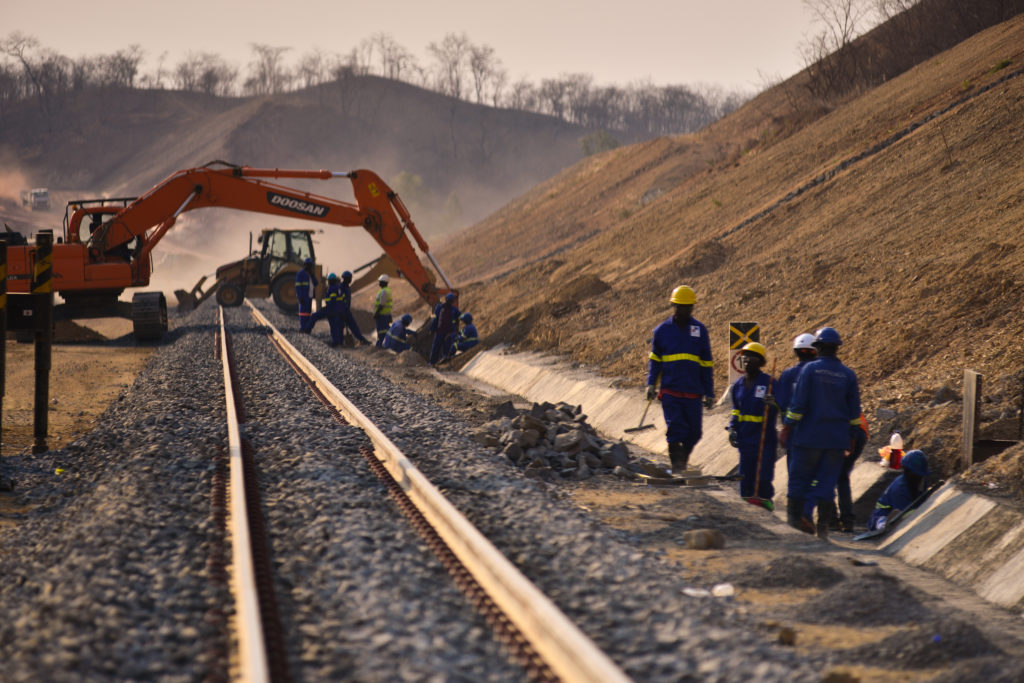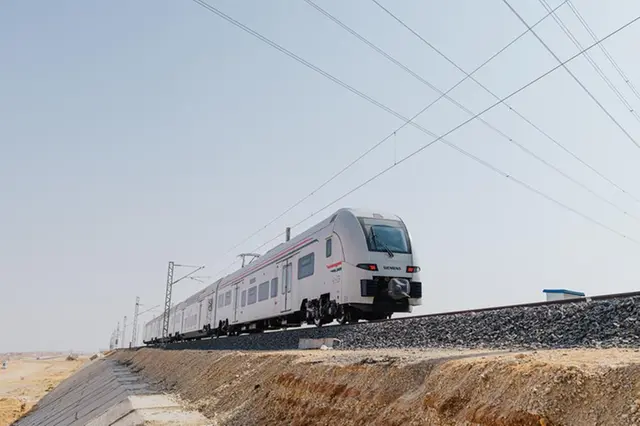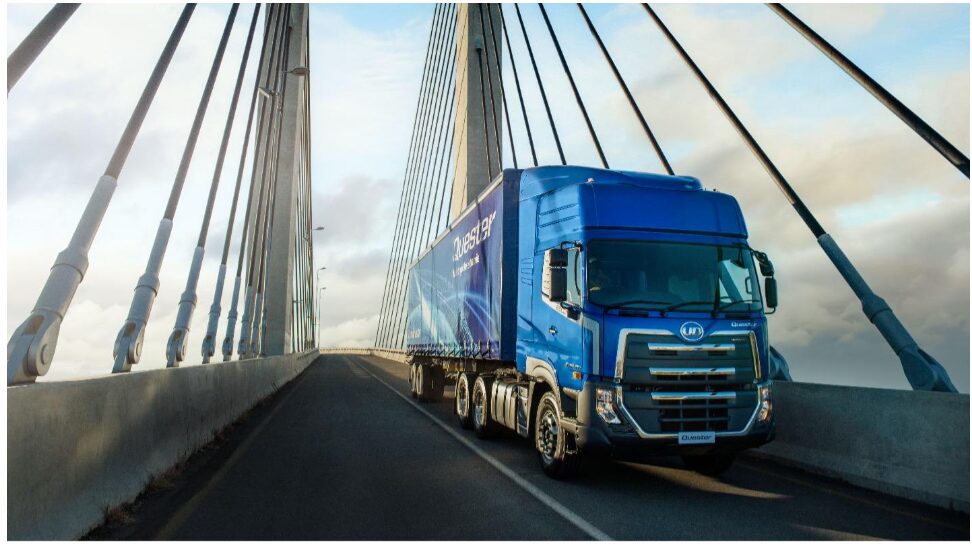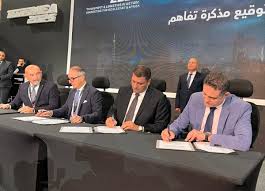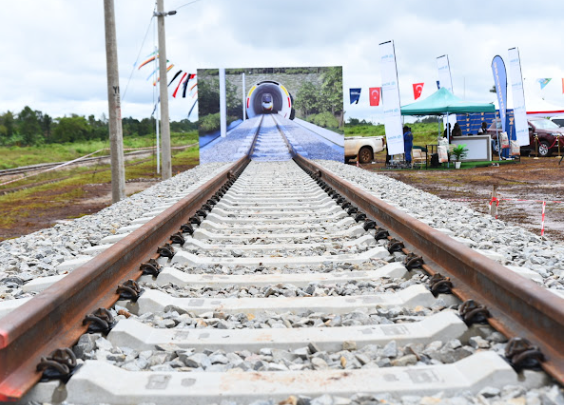Rail

AfDB supports Algeria’s Trans-Saharan railway push
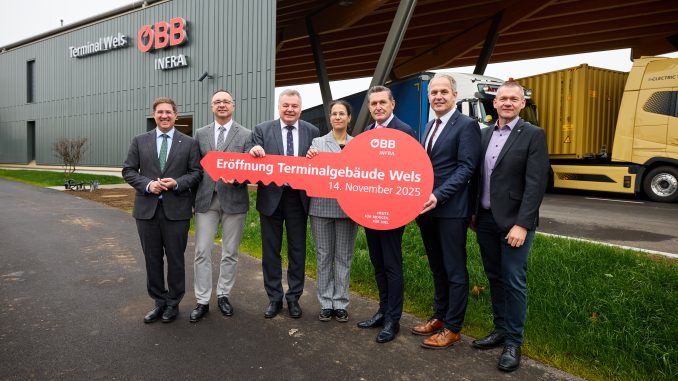
A core priority under the 2025 Finance Law is the construction of the Laghouat–Ghardaïa–El Meniaa railway line, a 495 km project estimated at USD 2.8 billion. The line represents the first phase of the planned Trans-Saharan Railway, a strategic north–south corridor that will ultimately extend to Tamanrasset and link with Niger. According to Algerian authorities, the new route will open up the southern regions of the country and provide a vital logistics spine for landlocked Sahel nations, improving access to markets and lowering transport costs.
Expansion to 10,000 km of rail by 2030
The Laghouat–Ghardaïa–El Meniaa line forms part of Algeria’s national programme to double its railway network to 10,000 km by 2030, with a longer-term ambition of reaching 15,000 km. The strategy aims to connect isolated regions, support industrial development and enhance domestic processing of natural resources, particularly in the south where many critical mineral deposits remain far from existing infrastructure.
Minister of Hydrocarbons and Mines Mohamed Arkab stressed the importance of linking mining regions to rail to enable local value creation. “We can no longer accept exporting our raw materials in their unprocessed state,” he said, highlighting Algeria’s plans to increase domestic transformation of hydrocarbons from 30% to 60% by 2035 and to expand processing capacity in petrochemicals, hydrogen, fertilisers, tyres and minerals.
The Trans-Saharan Railway is expected to play a key role in unlocking remote deposits of iron, zinc, gold and rare earths, enabling more efficient logistics for both domestic processing and export.
AfDB: Rail corridors central to Africa’s industrial future
Dr Ould Tah underlined the alignment between Algeria’s industrial policies and the Bank’s strategic priorities, emphasising the importance of transport corridors in strengthening mineral value chains across the continent. “The localisation of value, industrialisation, and mineral sovereignty are key pillars of Africa’s future,” he said, referring to recent findings that Africa holds competitive advantages in producing battery precursor materials.
He called for coordinated efforts among African nations to develop infrastructure that supports sustainable resource development, with the Trans-Saharan axis seen as a flagship example.
Rapid execution and domestic capacity
Algeria’s recent delivery of 950 km of new railway in 24 months, using entirely national resources and expertise, was highlighted during the visit as evidence of strong execution capacity. Minister of the Interior, Local Authorities and Transport Saïd Sayoud, together with Minister of Public Works and Basic Infrastructure Abdelkader Djellaoui, noted that this capability is essential for accelerating large-scale North–South corridors and dedicated mining lines.
Dr Ould Tah praised the quality and ambition of the country’s projects, stating that Algeria’s ability to execute major rail and infrastructure schemes makes it “a central partner for Africa’s transformation.”



